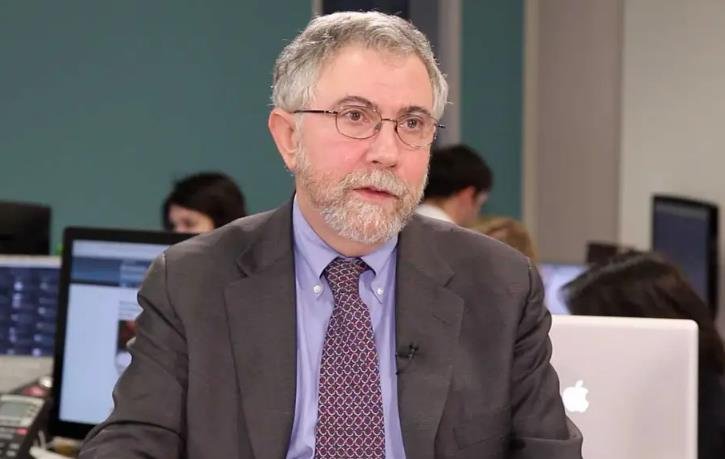New York Times columnist and Nobel laureate Paul Krugman declared that the war on inflation was over in a post on X, a social media platform. He said that the US economy had achieved low and stable inflation without a recession, and that the recent surge in prices was transitory and driven by supply shocks. However, his claim was met with skepticism and criticism by many economists and analysts, who pointed out the flaws in his argument and the challenges facing the economy.
Krugman’s Measure of Inflation Excludes Major Components
One of the main criticisms of Krugman’s claim was that he used a measure of inflation that excluded food, energy, shelter and used cars. These are some of the most important components of the consumer price index (CPI), which measures the changes in the prices of goods and services purchased by households. By excluding these components, Krugman’s measure of inflation was much lower than the official CPI, which rose by 3.7% in September from a year ago, well above the Federal Reserve’s target of 2%.

Some economists argued that excluding these components was misleading and unrealistic, as they represented a large share of consumers’ spending and affected their living standards. For instance, food and energy accounted for about 20% of the CPI basket, while shelter accounted for about 33%. Used cars, which have seen a sharp increase in prices due to the global semiconductor shortage, accounted for about 3%. These components also tend to be more volatile than others, reflecting changes in supply and demand conditions.
Krugman’s Claim Ignores the Risks of Higher Inflation
Another criticism of Krugman’s claim was that he ignored the risks of higher inflation for the economy and the society. Some economists warned that higher inflation could erode consumers’ purchasing power, reduce their confidence and spending, and increase inequality. Higher inflation could also pose challenges for monetary policy, as the Federal Reserve would have to balance between supporting the economic recovery and containing inflationary pressures. If the Fed raised interest rates too quickly or too late, it could trigger a recession or a financial crisis.
Some economists also questioned Krugman’s assertion that inflation was transitory and driven by supply shocks. They argued that inflation was also influenced by demand factors, such as fiscal stimulus, pent-up demand, and excess savings. They also noted that some of the supply shocks could persist for longer than expected, or create feedback loops that could push up prices further. For example, higher energy prices could increase production costs and transportation costs, which could then be passed on to consumers.
Krugman’s Claim Contrasts with Public Perception and Expectations
A third criticism of Krugman’s claim was that it contrasted with the public perception and expectations of inflation. Many Americans have expressed dissatisfaction with the state of the economy and the rising cost of living, according to various surveys and polls. For instance, a Gallup poll conducted in September found that 45% of Americans said that inflation was their top economic concern, up from 19% in April. A Reuters/Ipsos poll conducted in October found that 87% of Americans said that everything was getting more expensive, up from 82% in August.
Many Americans also expected inflation to remain high or increase further in the near future, according to various measures of inflation expectations. For instance, the University of Michigan’s survey of consumers showed that consumers expected inflation to be 4.8% over the next year and 2.9% over the next five years, both above the Fed’s target. The New York Fed’s survey of consumer expectations showed that consumers expected inflation to be 5.3% over the next year and 4% over the next three years, both at record highs.
